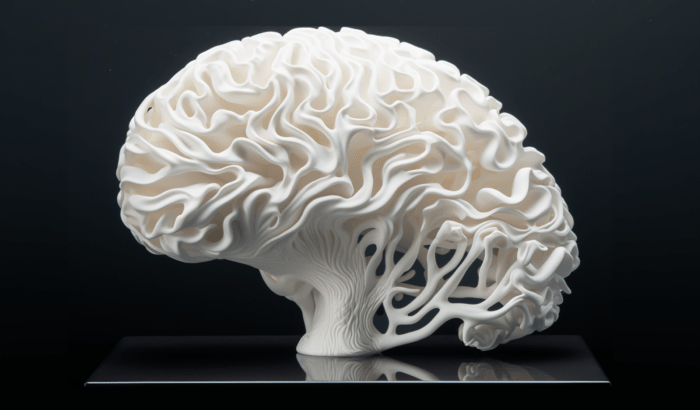END-OF-LIFE CARE DILEMMA: WHY IS DEMENTIA TREATED SO DIFFERENTLY?
After the tragic death of Gene Hackman, we discuss dementia and a lack of end-of-life care.
Globally, dementia is the seventh leading cause of death.1 In 2022, it was the leading cause of death in the UK.2
Patients dying with dementia are reported to suffer from a high burden of symptoms similar to that of patients with cancer. However, they receive less medication against symptoms, have a lower probability of palliative care planning and seldom have access to specialised palliative care.3
Just this month, we heard the tragic news that Gene Hackman and his wife, Betsy Arakawa had passed away. Arakawa, 65, had died unexpectedly of a rare respiratory issue, leaving Hackman living alone with dementia. Due to his cognitive decline, he was left completely without care, unable to take care of himself or seek out the help he needed.4
This is just one example of one complex challenge faced by people with dementia and their caregivers. We know people in the late stages of Alzheimers may lose their ability to respond to their environment, carry on a conversation and control movement.5 So why is there such a gap in end-of-life care?
WHAT IS END-OF-LIFE CARE?
End-of-life care, or palliative care, is when you help to improve quality of life for people with a terminal illness. It is a treatment plan that aims to relieve pain, symptoms and stress. However, for people who suffer with dementia, it is often either adopted only when death is imminent or not at all.5
TWO THIRDS OF PEOPLE STILL THINK DEMENTIA IS A NORMAL PART OF AGEING, RATHER THAN A MEDICAL CONDITION.6
Of course, the perception of dementia and Alzheimer’s disease differs significantly from other terminal conditions like cancer. It’s the mental vs physical divide.
Cognitive diseases tend to encourage more complex societal attitudes, such as fear and avoidance – which could be why many dementia sufferers do not get adequate end-of-life care.
HOW CAN WE CHANGE THE FUTURE OF DEMENTIA CARE?
Unfortunately, the problem is big. We need to put an end to the misconception that dementia is a normal part of ageing and nothing can be done about it. Because we can do something.
Dementia healthcare should not be results-driven
NHS workers are stretched to their limit. They have such a short time with each dementia or Alzheimer’s patient. They are bogged down by processes. They have limited resources.
This, unfortunately, has caused a shift towards results-driven care. Results-driven care means that there is a high focus on reaching an outcome, such as a cure or recovery.
However, due to this results-driven focus, patients that can’t recover, or tick the right box, are at risk of being written off or sent home more easily.
Cognitive conditions without a cure, still need care. We need less pressure on our clinicians to get results results results, so they can focus on giving their patients a better quality of life – terminal or not.
Encouraging friendly attitudes towards dementia
Although negative attitudes or stigma towards dementia are deeply rooted, it is possible to change these attitudes and move towards giving people with dementia better end-of-life care.
When people are diagnosed, them and their families are often left unsure of what services or support they are going to get.7 This is why promoting dementia-friendly education is crucial – whether in schools, media, or our personal interactions. By fostering a more informed and empathetic society, we can create stronger communication networks around dementia.8
Our goal should be to weave people with dementia and their caregivers into our communities, ensuring they remain active and valued members rather than becoming isolated.
However, it’s easy for me to sit here and type all the small changes we must make to solve a national crisis. Of course, changing end-of-life care towards dementia is easier said than done. Real improvement in healthcare requires fundamental cultural change in not only our attitudes, but in joint action between our government and healthcare industry.
References:
1.https://pubmed.ncbi.nlm.nih.gov/36918389/#:~:text=In%202020%20and%202021%2C%20when,Americans%20age%2065%20and%20older.
2.https://dementiastatistics.org/about-dementia/deaths/
5 . https://www.kcl.ac.uk/nmpc/assets/a-right-to-be-heard-policy-brief.pdf
8. https://pmc.ncbi.nlm.nih.gov/articles/PMC7312095/






